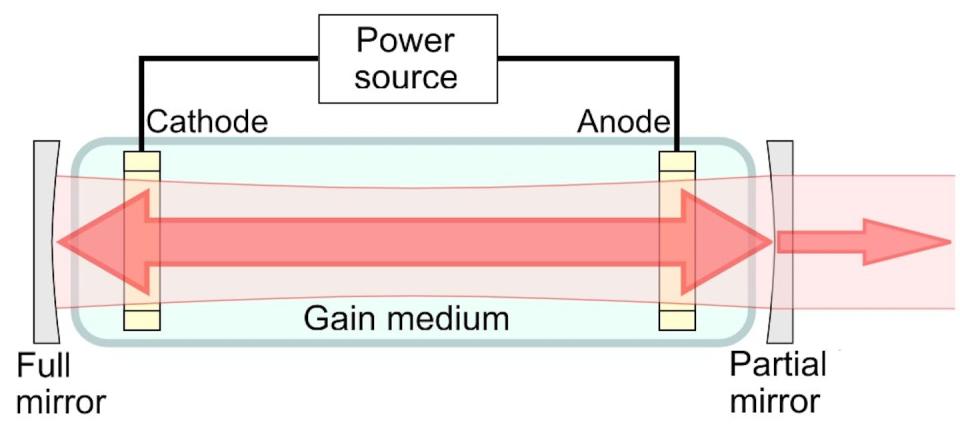Apr. 4—MOSCOW — The University of Idaho has received a $550,000 grant toward equipping a planned deep-soil research facility with advanced technology capable of capturing the “molecular fingerprint” of soil.
The M.J. Murdock Charitable Trust awarded a research team led by UI’s College of Agricultural and Life Sciences the largest grant the trust has ever awarded the university to help fund a proton-transfer-reaction mass spectrometer.
The machine will monitor a broad range of volatile organic compounds emitted by soil microorganisms, informing researchers about the living components of soils.
The highly sensitive instrument separates volatile compounds by their charge and mass, then analyzes their component molecules. It will be part of the laboratory supporting the university’s coming Deep Soil Ecotron.
“The plants and soil microbes produce their own chemicals to communicate and react to the environment,” said Zachary Kayler, an associate professor with the department of soil and water systems within the UI agriculture college. “We’re adding this whole other dimension by looking at the fingerprint of the chemicals that these organisms give off. We might be able to determine different microbial communities by looking at the different chemicals they exude below ground.”
The National Science Foundation awarded UI about $19 million toward construction of the Ecotron in September 2021. Renovations of rooms in the JW Martin Laboratory at the Moscow campus are underway to house the Ecotron, where scientists will have the ability to manipulate several environmental variables and study various soil types down to 3 meters, the greatest depth of any research facility in the world. The first of 24 planned eco-units — soil columns inside of heavily instrumented stainless-steel cylinders — should arrive on campus this summer.
The Ecotron should be fully operational by 2026, accommodating researchers from throughout the world who will manipulate variables in replicated trials studying how climate change, soil heating, drought, changes in gas concentrations affect soil function.
Kayler and Michael Strickland, a colleague within the Department of Soil and Water Systems, are co-directors of the Ecotron. Investigators overseeing the mass spectrometer project include Kayler, Strickland, Leda Kobziar and Armando McDonald, with the College of Natural Resources, and Klas Udekwu, with the College of Science.
“There isn’t a facility that exists to do these types of experiments,” Kayler said regarding the combination of the Ecotron and the mass spectrometer.
The M.J. Murdock Charitable Trust, created by the will of the late Murdock, provides grants to nonprofit organizations in Alaska, Idaho, Montana, Oregon and Washington that seek to strengthen the region’s educational, social, spiritual and cultural base in creative and sustainable ways.
The grant will also support research projects involving the mass spectrometer to understand plant and soil interactions, analyze ties between wildfires and microbial communities, evaluate emissions from the degradation of bioplastics and to better understand certain gastrointestinal ailments.
The funding of the Ecotron project is $18,950,955, of which 100% is the federal share.
Signup bonus from





